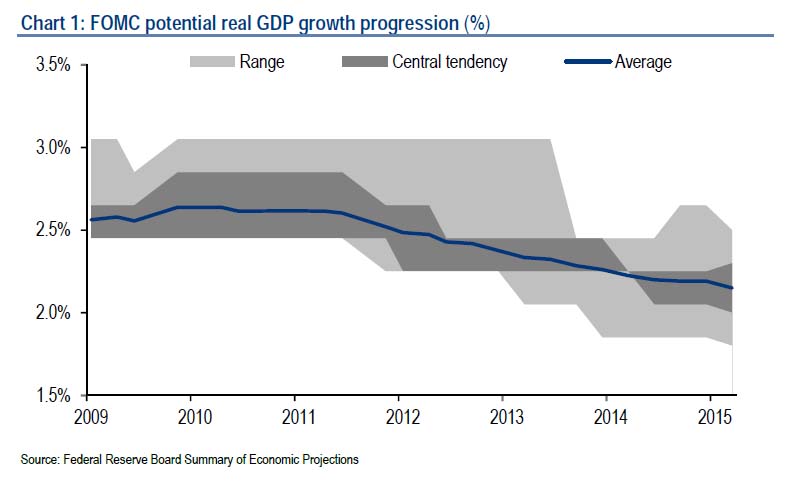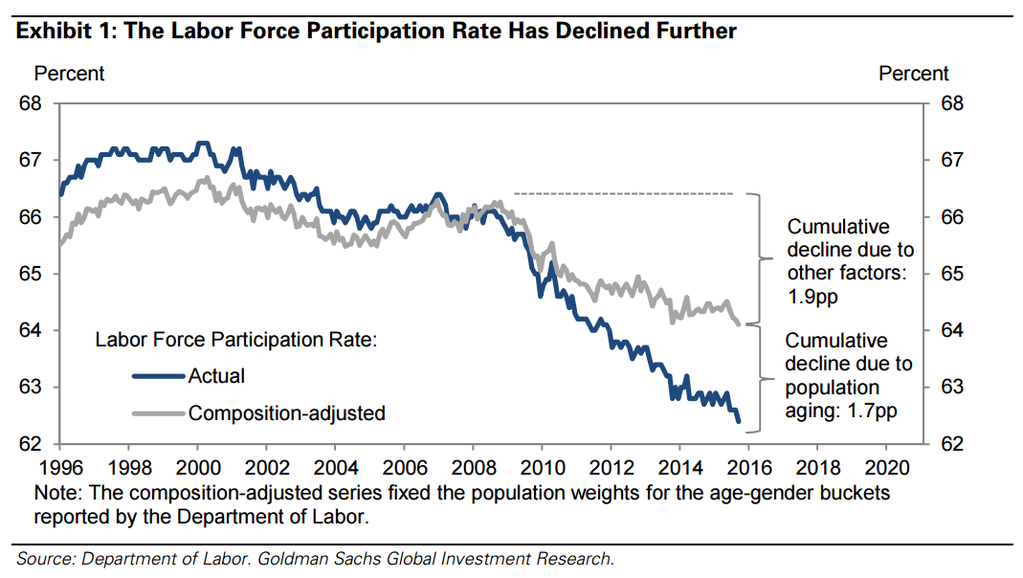|
Steve Waldman once again articulates issues I struggle with in Economics. I believe we create false dichotomies between positive and normative analysis, between equity and efficiency, and I believe we argue for trade liberalization without any intention of requiring those who benefit to compensate those who lose. We do this to our great shame and to the detriment of our societies that we are supposed to serve.
Waldman: "When economics tried to put itself on a scientific basis by recasting utility in strictly ordinal terms, it threatened to perfect itself to uselessness. Summations of utility or surplus were rendered incoherent. The discipline’s new pretension to science did not lead to reconsideration of its (unscientific) conflation of voluntary choice with welfare improvement. So it remained possible for economists to recommend policies that would allow some people to be made better off (in the sense that they would choose their new circumstance over the old), so long as no one was made worse off (no one would actively prefer the status quo ante). “Pareto improvements” remained defensible as welfare-improving. But, very little of what economists had previously understood to be good policy could be justified under so strict a criterion. Even the crown jewel of classical liberal economics, the Ricardian case for free trade, cannot meet the test. As John Hicks memorably put it, the caution implied by the new “economic positivism might easily become an excuse for the shirking of live issues, very conducive to the euthanasia of our science.” As one economist put it: The only concrete form that has been proposed for [a social welfare function grounded in ordinal utilities] is the compensation principal developed by Hotelling. Suppose the current situation is to be compared with another possible situation. Each individual is asked how much he is willing to pay to change to the new situation; negative amounts mean that the individual demands compensation for the change. The possible situation is said to be better than the current one if the algebraic sum of all the amounts offered is positive. Unfortunately, as pointed out by T. de Scitovsky, it may well happen that situation B may be preferred to situation A when A is the current situation, while A may be preferred to B when B is the current situation. Thus, the compensation principal does not provide a true ordering of social decisions. It is the purpose of this note to show that this phenomenon is very general. That economist was Kenneth Arrow. “This note“, circulated at The Rand Corporation, was the first draft of what later become known as Arrow’s Impossibility Theorem. It is not, actually, an obscure result, this impossibility of separating “efficiency” from distribution. The only place you will not find it is in most introductory economics textbooks, which describe an “equity” / “efficiency” trade-off without pointing out that the size of the proverbial pie in fact depends upon how you slice it." The welfare theorems are often taken as the justification for claims that distributional questions and market efficiency can be treated as “separate” concerns. After all, we can choose any distribution, and the market will do the right thing. Yes, but the welfare theorems also imply we must establish the desired distribution prior to permitting exchange, or else markets will do precisely the wrong thing, irreversibly and irredeemably. Choosing a distribution is prerequisite to good outcomes. Distribution and market efficiency are about as “separable” as mailing a letter is from writing an address. Sure, you can drop a letter in the mail without writing an address, or you can write an address on a letter you keep in a drawer, but in neither case will the letter find its recipient. The address must be written on the letter before the envelope is mailed. The fact that any address you like may be written on the letter wouldn’t normally provoke us to describe these two activities as “separable”. As we are watching the US economy decelerate and unemployment remain high, American fiscal policy has emerged front and center in the public debate, including on these pages.
I have come to re-evaluate my justification, but not my desire, for a stronger fiscal policy than the US has been pursing over the course of the past two years. I have identified over several posts that the US, since China entered the WTO, on Sept. 17, 2001, has shed approximately six million manufacturing jobs that were mainly held by low skilled workers. The plight of these workers, 10 years ago, is effectively chronicled in the second season of HBO's award winning series "The Wire". These job losses are structural; the economy is never going to replace them under the current competitive regime. These losses were temporarily masked by overemployment in the construction industry due to a real estate bubble. In the past, I have advocated for a greater fiscal policy response on the basis of a demand shortfall and even cited unemployment of the unskilled as a justification. Since this unemployment is structural and permanent, Keynesian stimulus will not be effective, but instead only provide temporary relief. IE, for these jobs there is no demand shortfall, since they are not going to be brought back by the private sector economy. As I look to my previous analysis, I can see only the public sector jobs that are yet to be cut, by states wrestling with budget crises, as a possible justification for Keynesian stimulus. Yet some of those cuts most certainly will be structural as well. What's more, as much of these cuts are likely to come from education, it is likely that structural problems for the low skilled will be exacerbated. Therefore, while my policy prescription remains the same for short term US policy; I now believe on balance the appropriate justification is redistributionist reform and that the Keynesian stimulus rationale is less compelling than I once thought. It has been a long held personal view, that the most challenging problem confronting the US is how to bring the uneducated poor and lower middle class along as the global economy is developing. Even healthcare reform is not as threatening to the US economy. Society needs to work for most of its members or the system will become increasingly unstable. The rich and elites need to enact reform for their own benefit, not solely for the benefit of the underclass; otherwise the country their children will inherit will become much less hospitable than the one they live in today. Incarceration of the poor, as they turn to crime is not an option; as the US has already exhausted that policy option. At year-end 2007, the United States had less than 5% of the world's population and 23.4% of the world's prison and jail population (adult inmates). This is why Jeffrey Sachs is advocating economic development policies for the United States. Unfortunately, prophets are rarely accepted in their own country. After years of talking about these issues to my students, colleagues and friends, I am no longer wandering alone in the wilderness on this issue. For those interested in a peek into the future, that has already arrived and is growing like a cancer everday, in America, check out "The Wire". |
Categories
All
Archives
November 2017
|


 RSS Feed
RSS Feed
